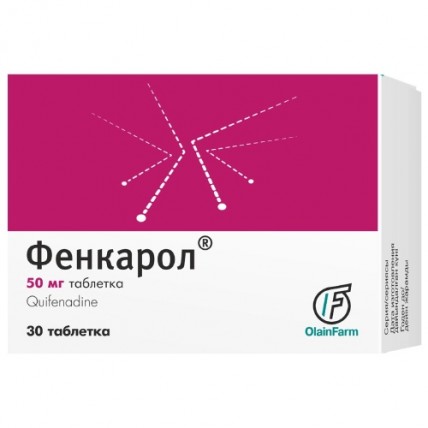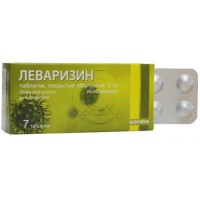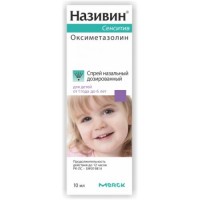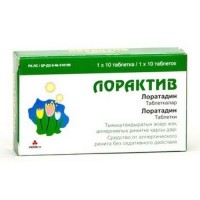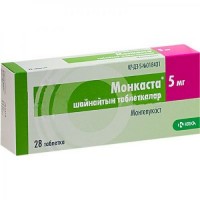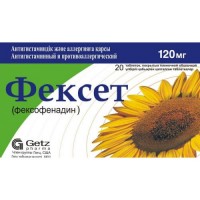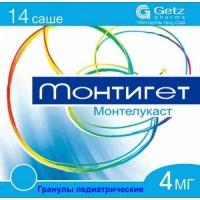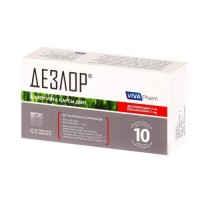What is Fenkarol (Quifenadine)?
Fenkarol, with the active ingredient quifenadine, is an antihistamine medication commonly used to manage and prevent various allergic reactions.
It belongs to a class of drugs that counteract the effects of histamine—a substance in the body that is released during allergic reactions and is responsible for symptoms such as itching, swelling, and inflammation.
How Does Fenkarol Work?
When your body is exposed to allergens like pollen, dust, or certain foods, it releases histamine, which binds to specific receptors in your body and triggers symptoms of an allergic reaction. Fenkarol works by blocking these histamine receptors, thereby reducing or preventing the typical symptoms associated with allergies, such as:
- Itching: Fenkarol helps alleviate the intense itching that often accompanies allergic reactions, making it easier to manage conditions like hives or eczema.
- Swelling: By reducing the action of histamine, Fenkarol can help decrease swelling and redness, which are common in conditions like angioedema.
- Runny Nose and Sneezing: The medication is effective in treating symptoms of allergic rhinitis, such as a runny nose and frequent sneezing.
- Watery Eyes: Fenkarol can also relieve eye-related symptoms, including watering, itching, and redness, commonly seen in allergic conjunctivitis.
What Conditions Does Fenkarol Treat?
Fenkarol is prescribed for a range of allergic conditions, including but not limited to:
- Pollinosis (Hay Fever): This seasonal allergy is triggered by pollen, leading to symptoms like sneezing, itchy eyes, and a runny nose.
- Acute and Chronic Urticaria (Hives): Characterized by red, itchy welts on the skin, this condition can be effectively managed with Fenkarol.
- Allergic Rhinitis: Commonly known as hay fever, allergic rhinitis causes nasal congestion, sneezing, and an itchy nose.
- Allergic Conjunctivitis: This is an inflammation of the eye's conjunctiva due to allergies, leading to redness, itching, and tearing.
- Angioedema (Quincke’s Edema): A more severe allergic reaction causing deep swelling, often around the eyes and lips, and sometimes the throat.
- Dermatoses: Skin conditions like eczema, neurodermatitis, and pruritus (itchy skin) can also be treated with Fenkarol.
- Food and Drug Allergies: Fenkarol is useful in managing allergic reactions triggered by specific foods or medications.
Why Choose Fenkarol?
Fenkarol is often preferred in cases where other antihistamines might not be suitable due to their side effects, such as drowsiness or central nervous system depression. Quifenadine, the active ingredient in Fenkarol, is known for its relatively low sedative effect, making it a suitable option for individuals who need to remain alert, such as drivers or machine operators.
Which Dosage Should You Choose?
Fenkarol is available in tablets with different dosages: 10 mg, 25 mg, and 50 mg. The choice of dosage depends on the patient’s age and the severity of the allergic symptoms.
Fenkarol 10 mg
Recommended for children aged 6 to 7 years at 10 mg twice daily, and for children aged 7 to 12 years at 10-15 mg 2-3 times daily. The treatment course lasts 10-12 days.
Fenkarol 25 mg
For children over 12 years old and adults, the recommended dose is 25 mg 2-3 times a day. The treatment duration ranges from 10 to 15 days.
Fenkarol 50 mg
Adults are advised to take 25-50 mg 3-4 times a day, depending on the severity of the condition. The maximum daily dose should not exceed 200 mg. The treatment course typically lasts 10-20 days.
How to Take Fenkarol?
Fenkarol tablets are taken orally, usually after meals, to improve absorption and reduce the likelihood of stomach upset.
The exact dosage and duration of treatment depend on the patient’s age, condition, and response to therapy.
What to Do in Case of Overdose?
Symptoms: Taking high doses of the medication may cause dryness of mucous membranes, headache, vomiting, epigastric pain, and dyspeptic symptoms.
Treatment: Supportive and symptomatic therapy is recommended as there is no specific antidote.
What If You Miss a Dose?
If you miss a dose, take the tablet as soon as you remember.
However, if it is almost time for your next dose, skip the missed dose.
Do not take a double dose to make up for the missed one.
Potential Side Effects
Common:
- Dryness of the mouth.
Uncommon:
- Headache, drowsiness.
- Digestive disturbances (nausea, vomiting), which usually subside when the dosage is reduced or the medication is discontinued.
If you experience any side effects, consult a healthcare provider.
Additional Information
Storage: Store Fenkarol at a temperature not exceeding 25°C (77°F). Keep it out of reach of children.
Shelf Life:
- 10 mg and 25 mg tablets: 5 years.
- 50 mg tablets: 4 years.
Do not use the medication after the expiration date indicated on the package.
